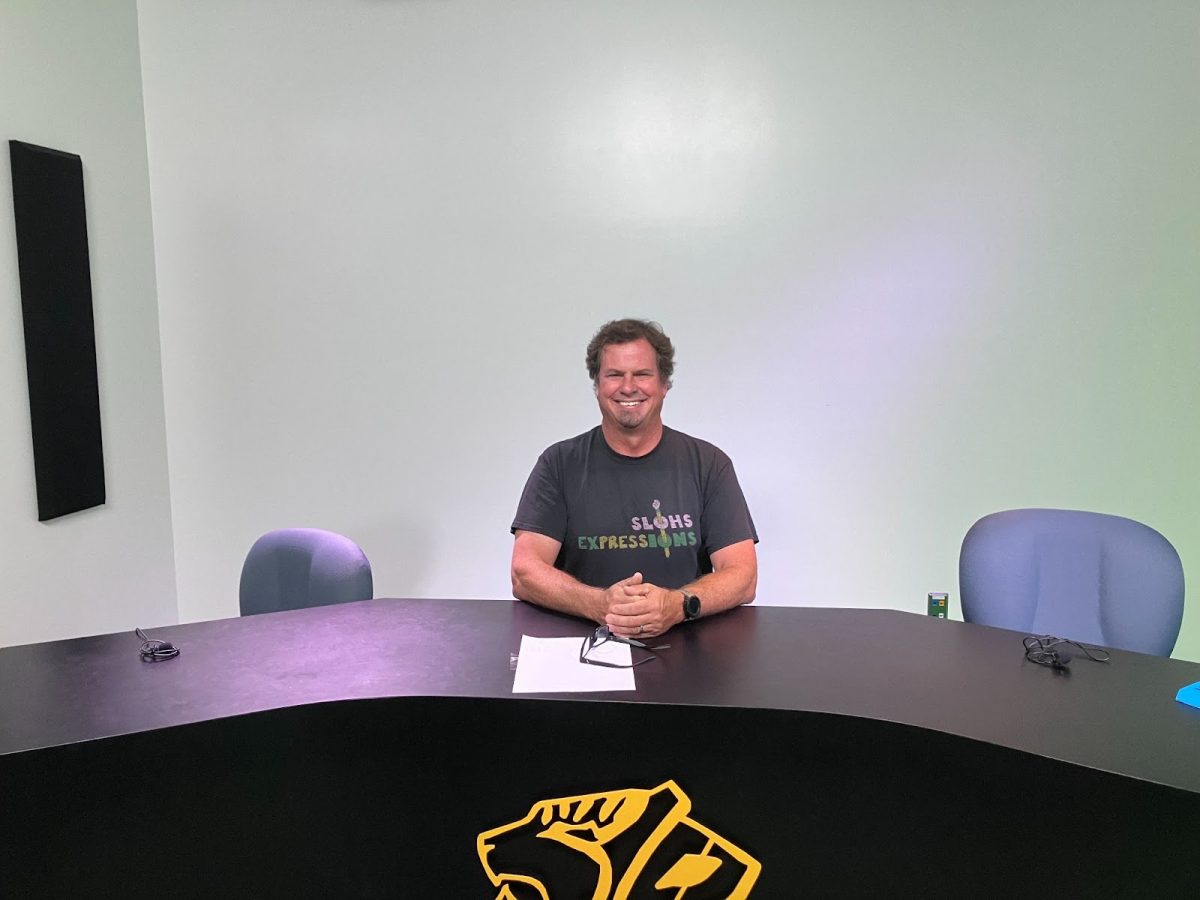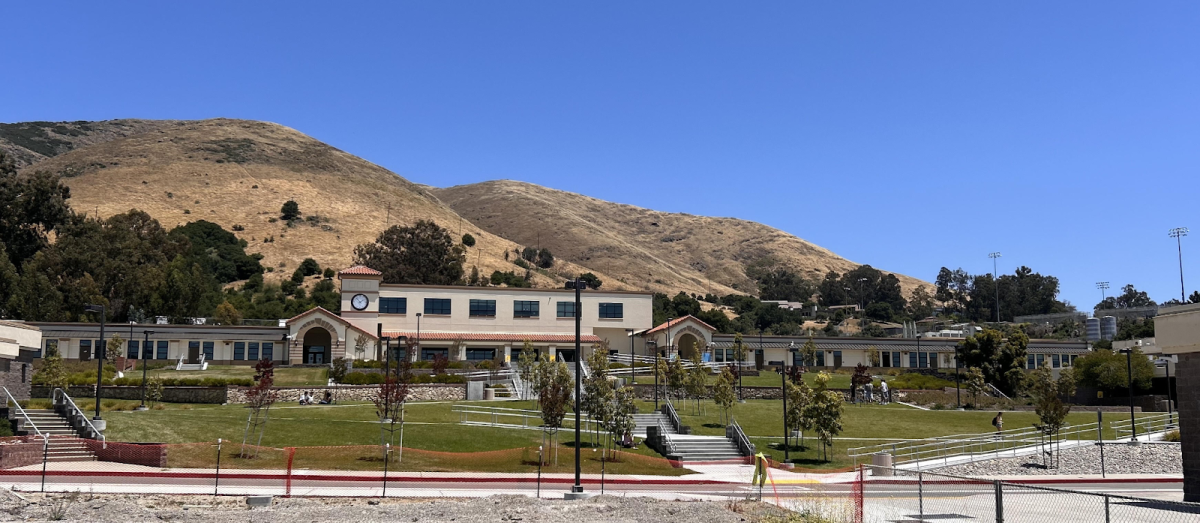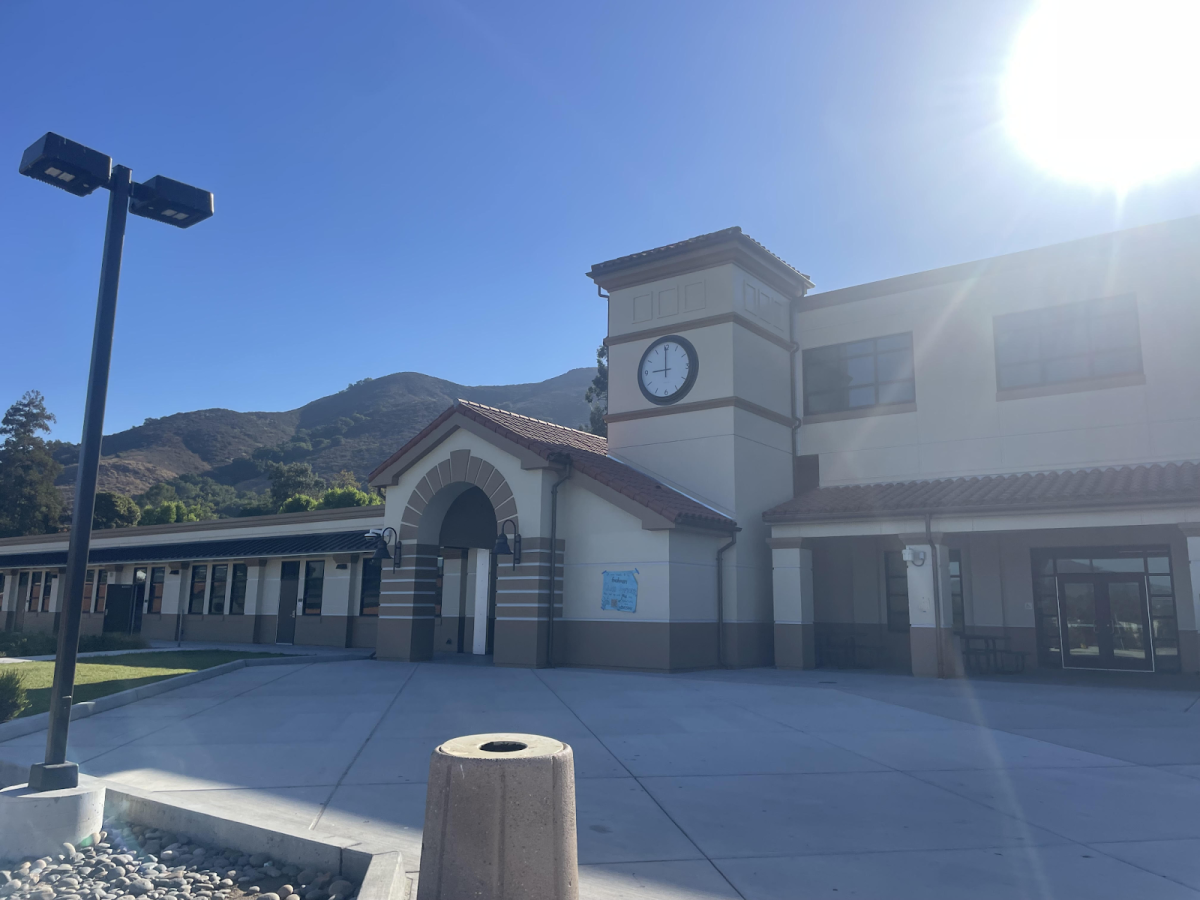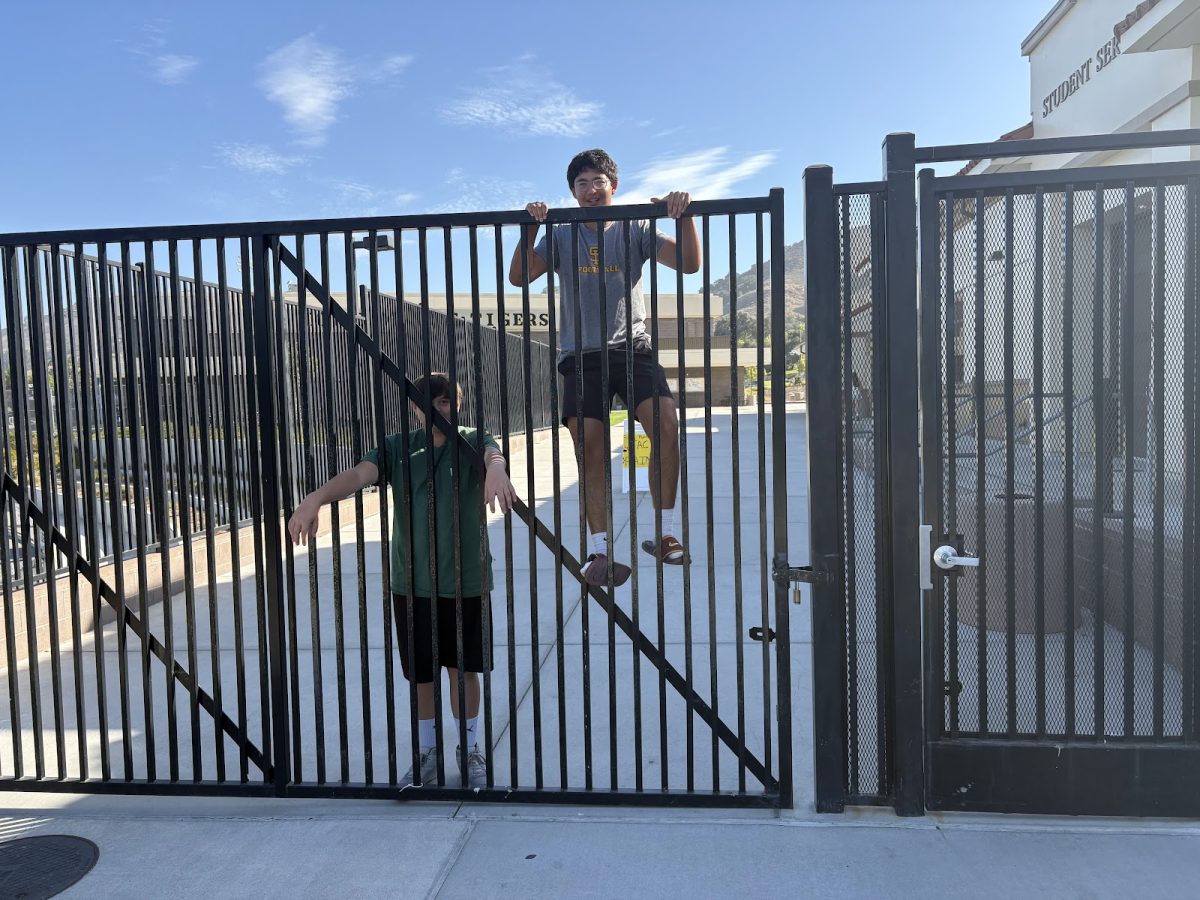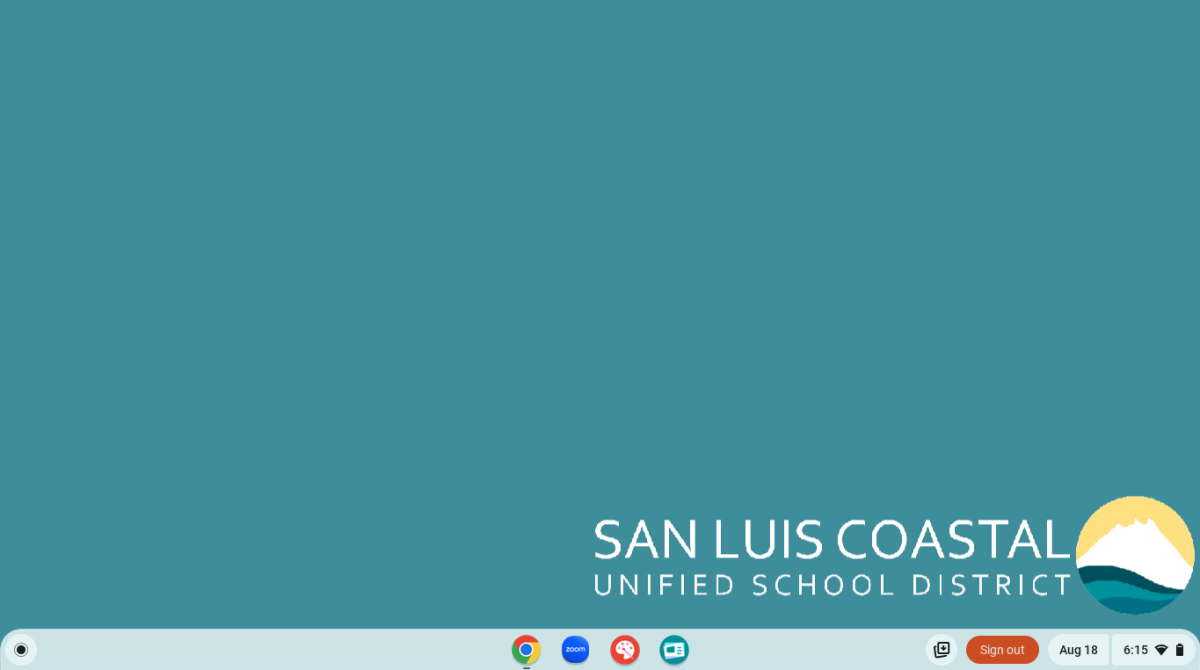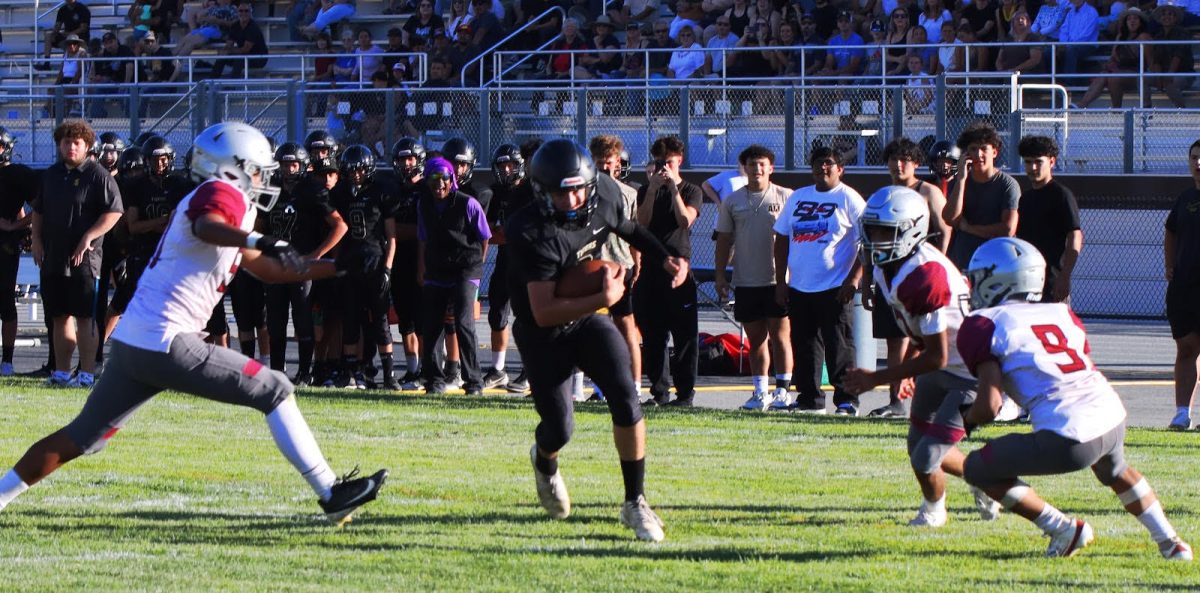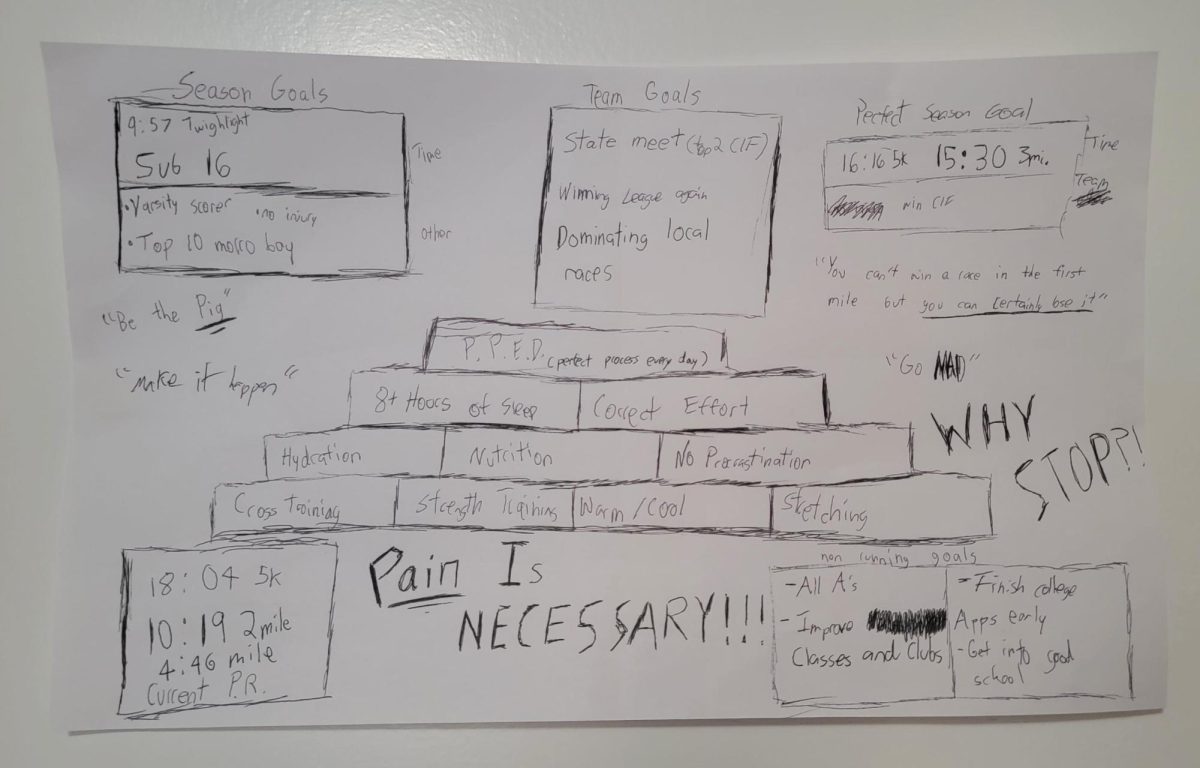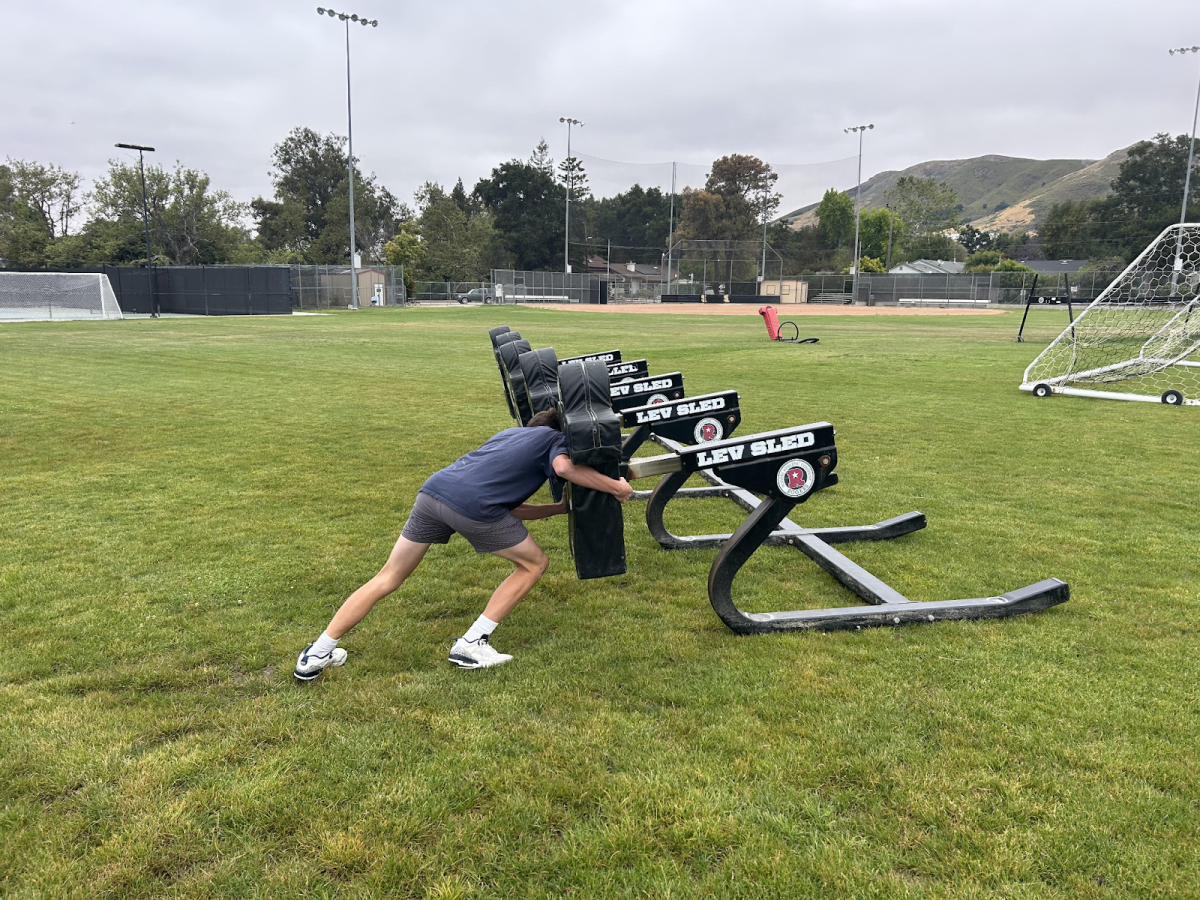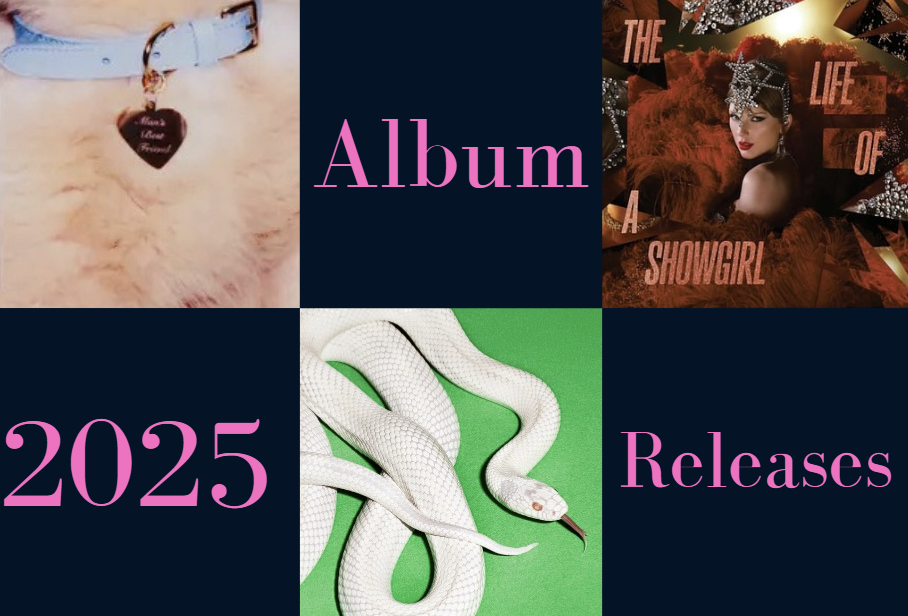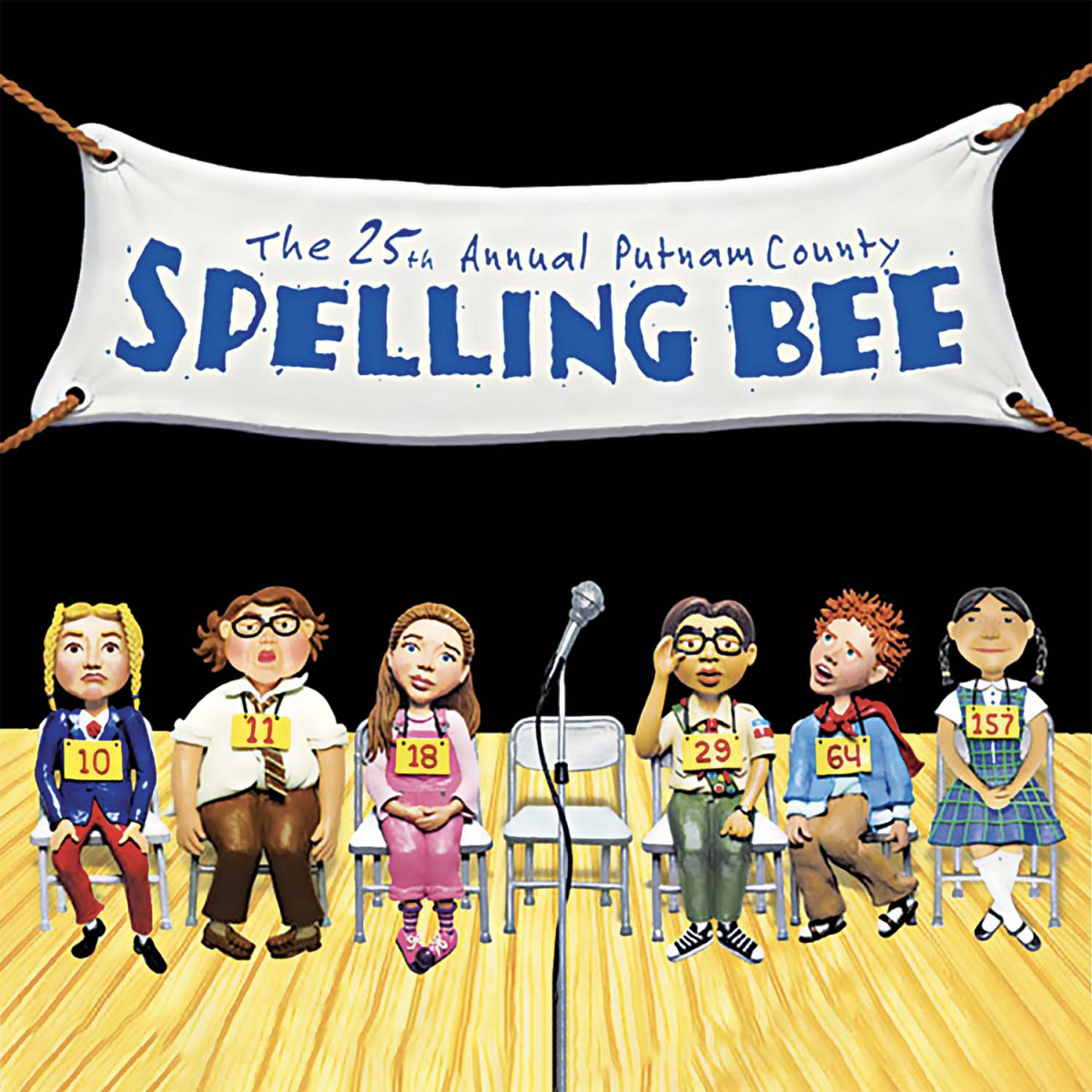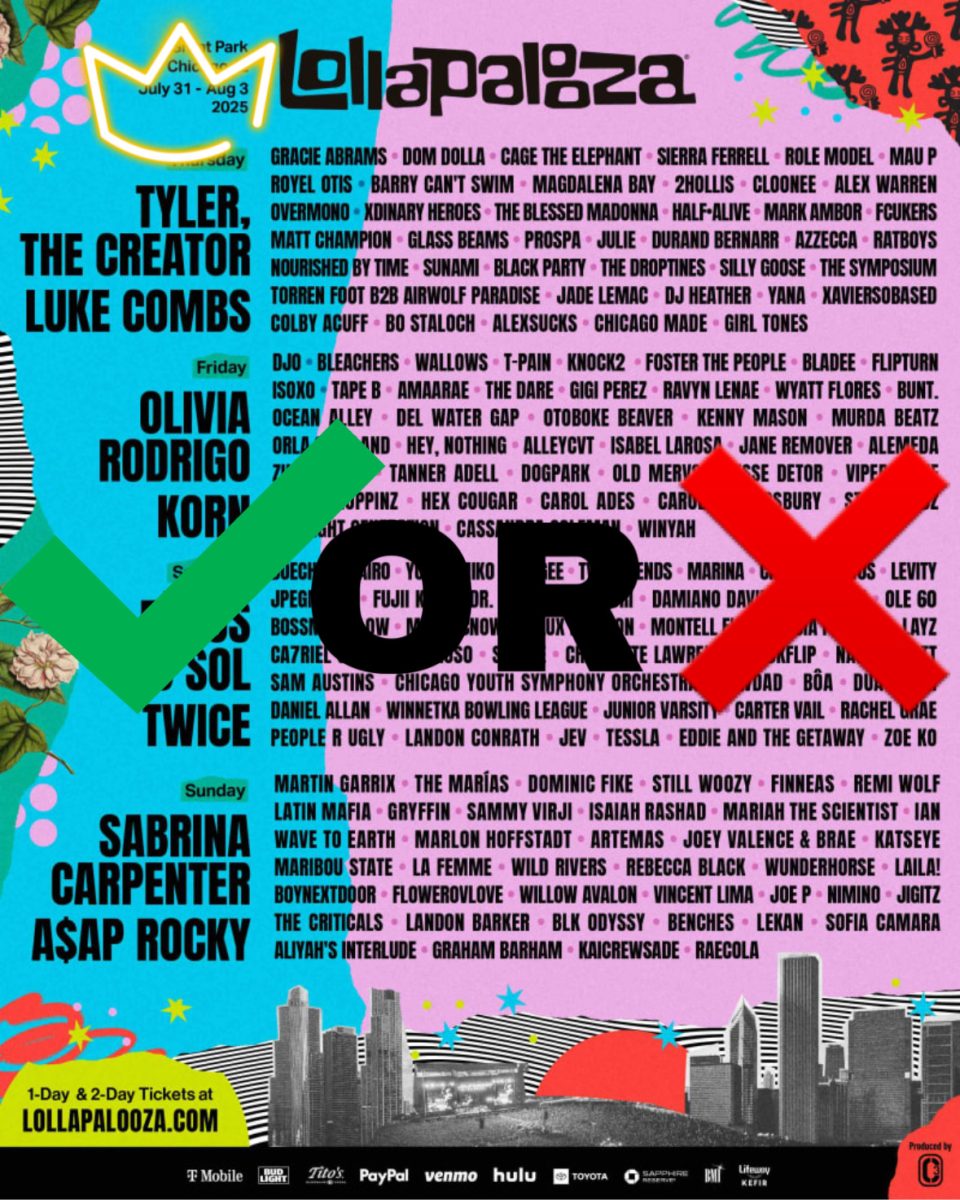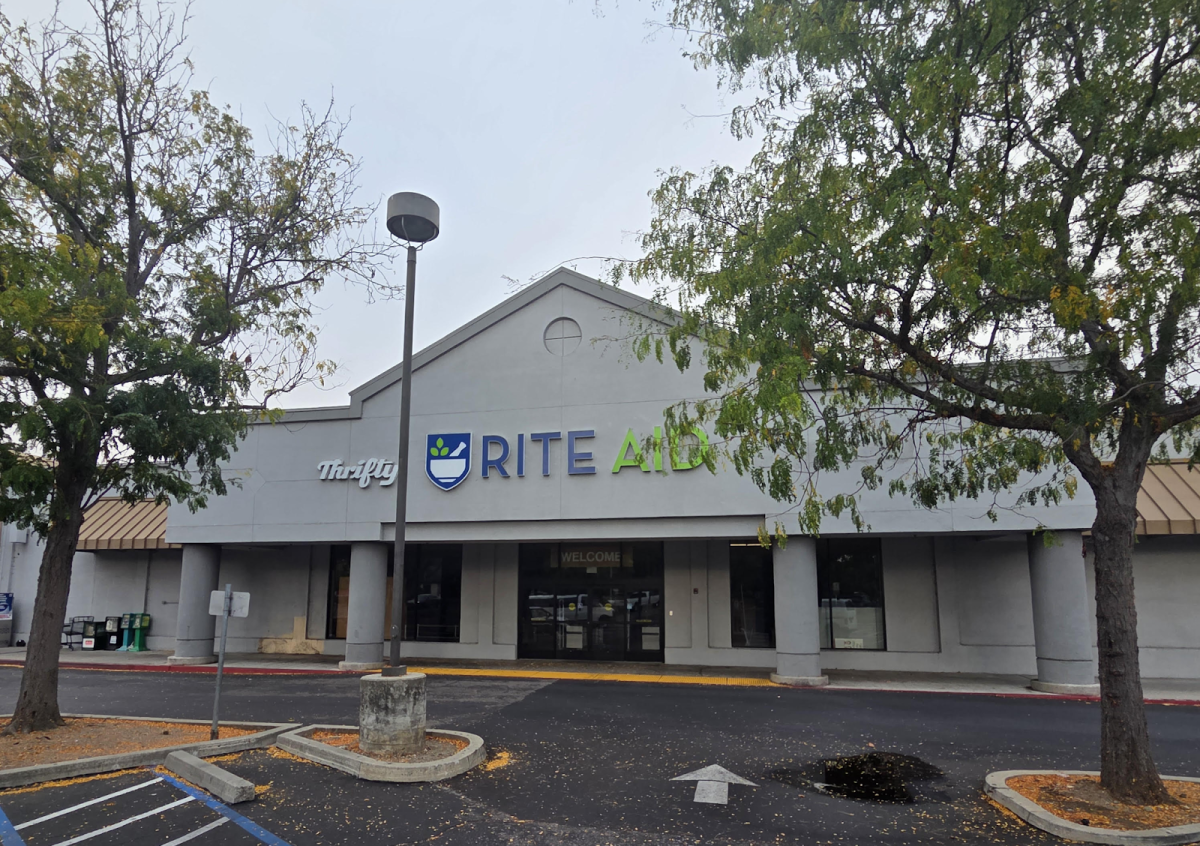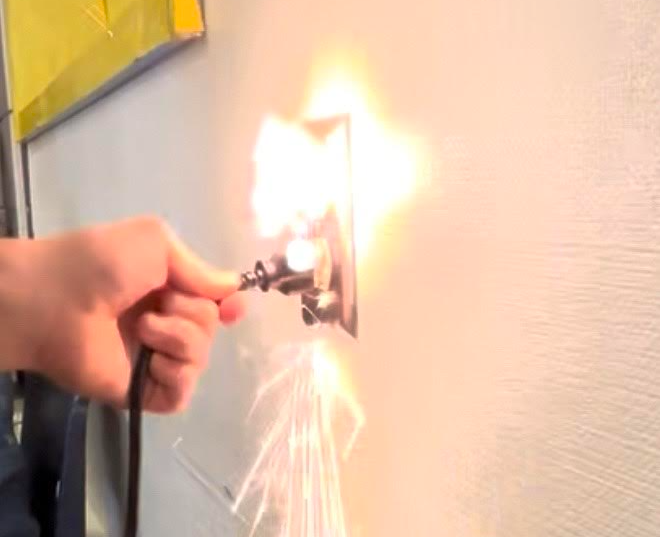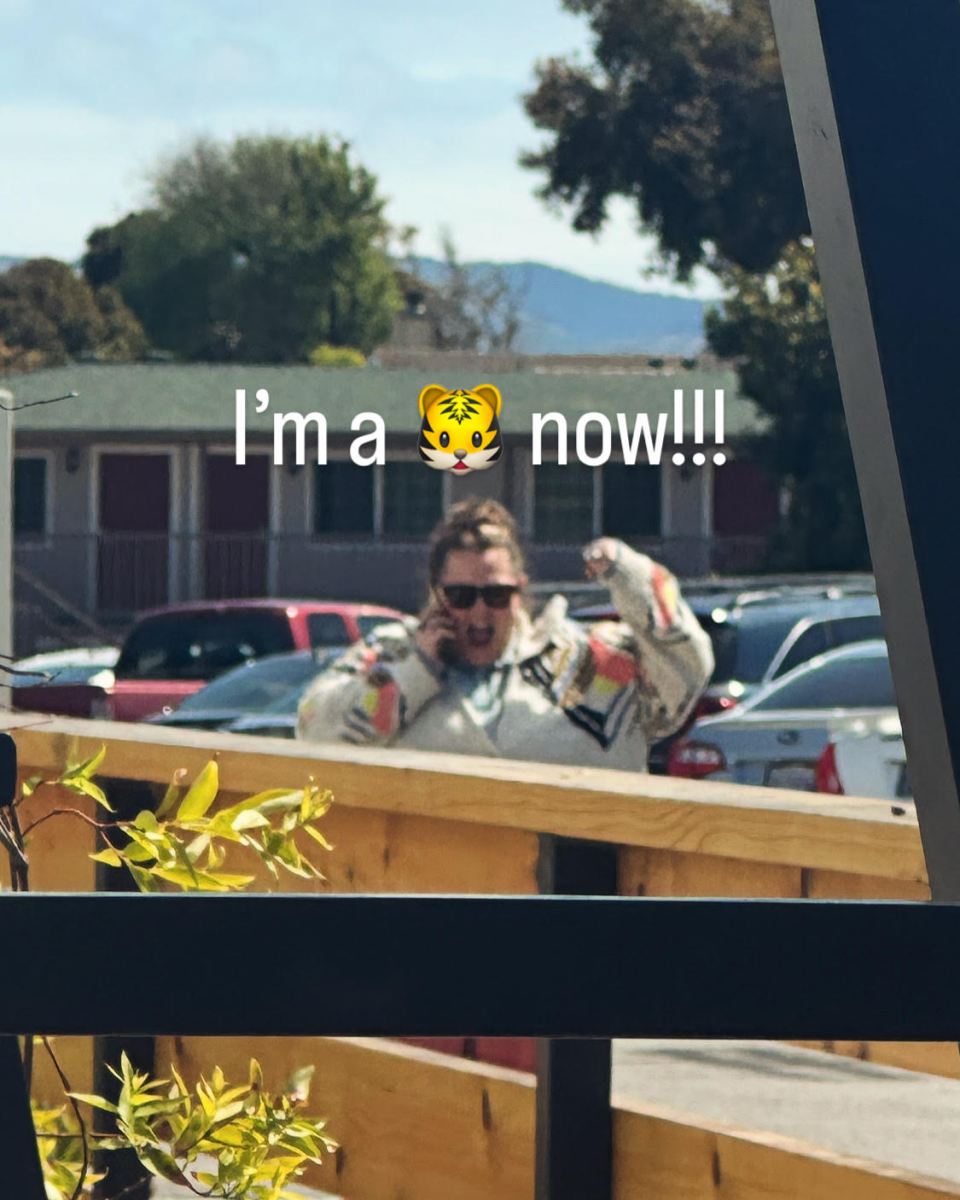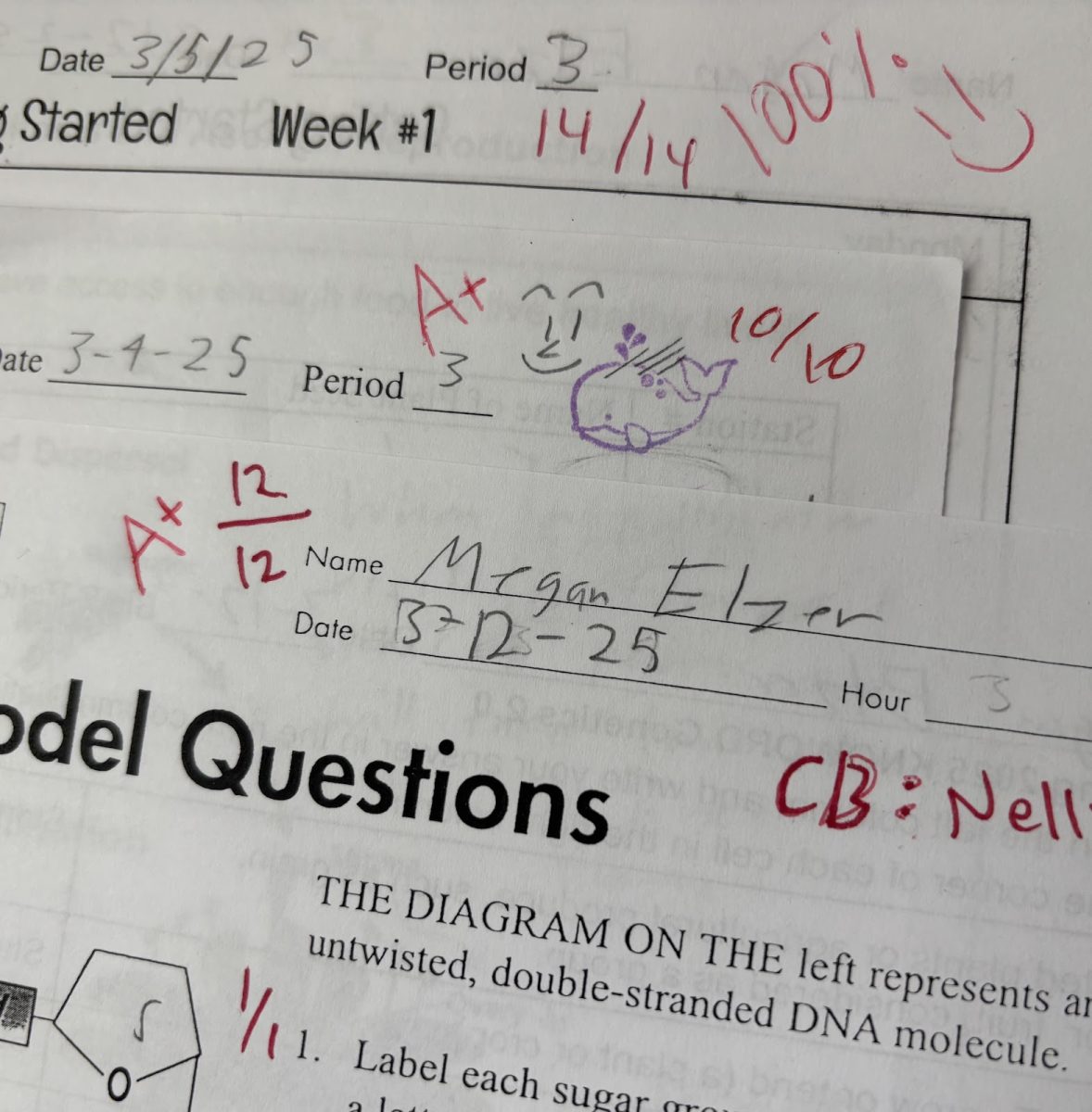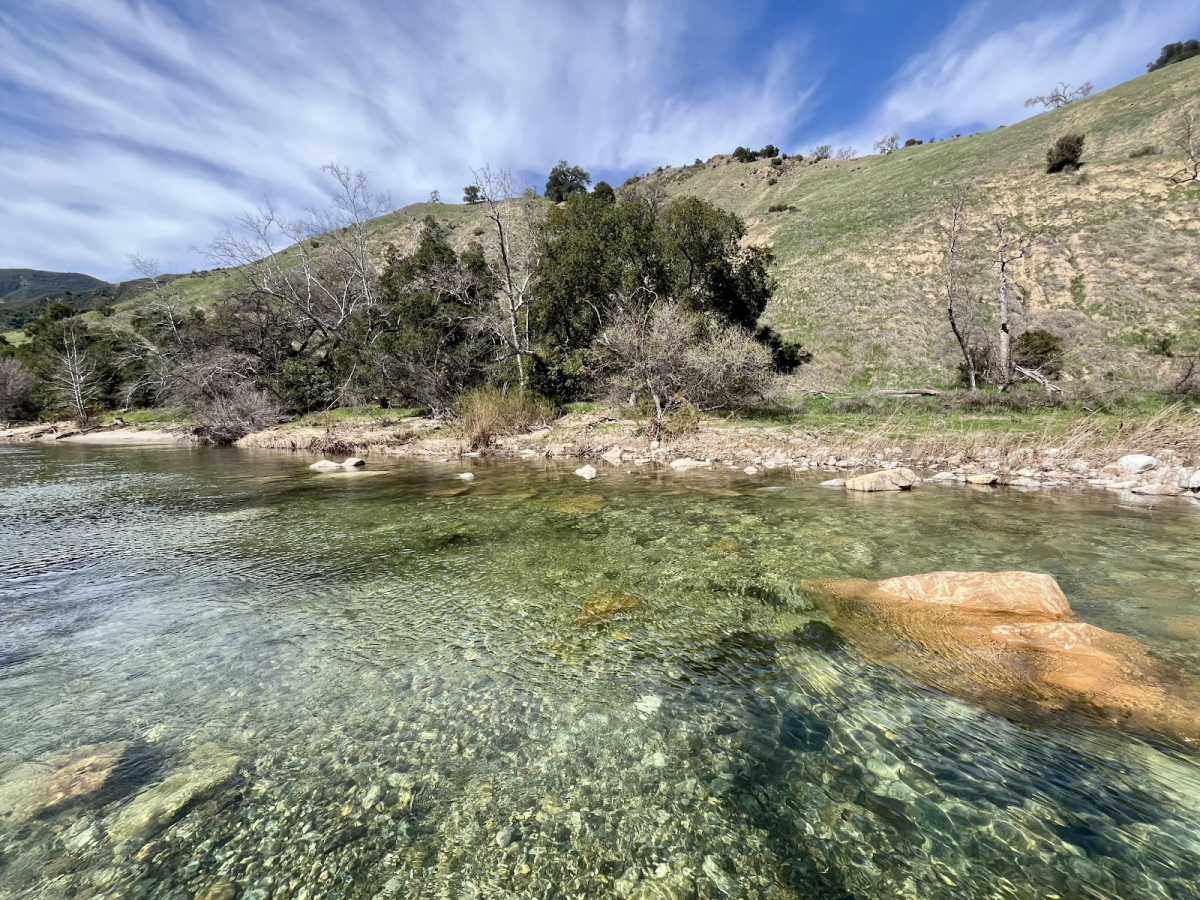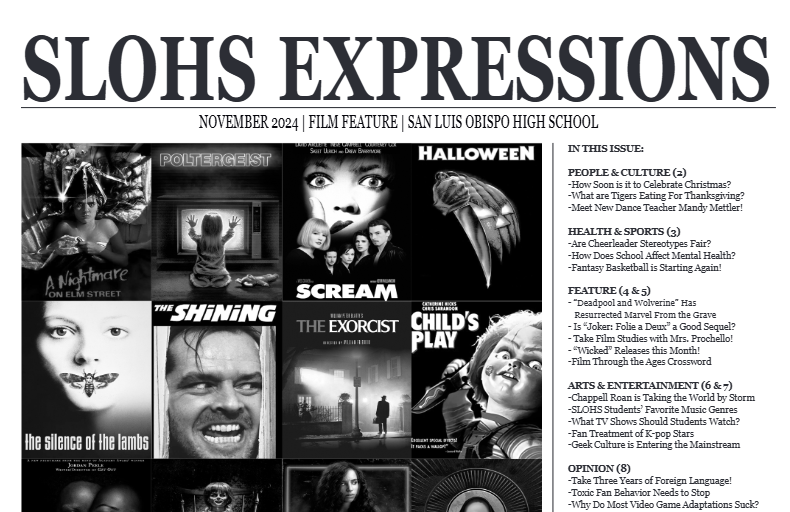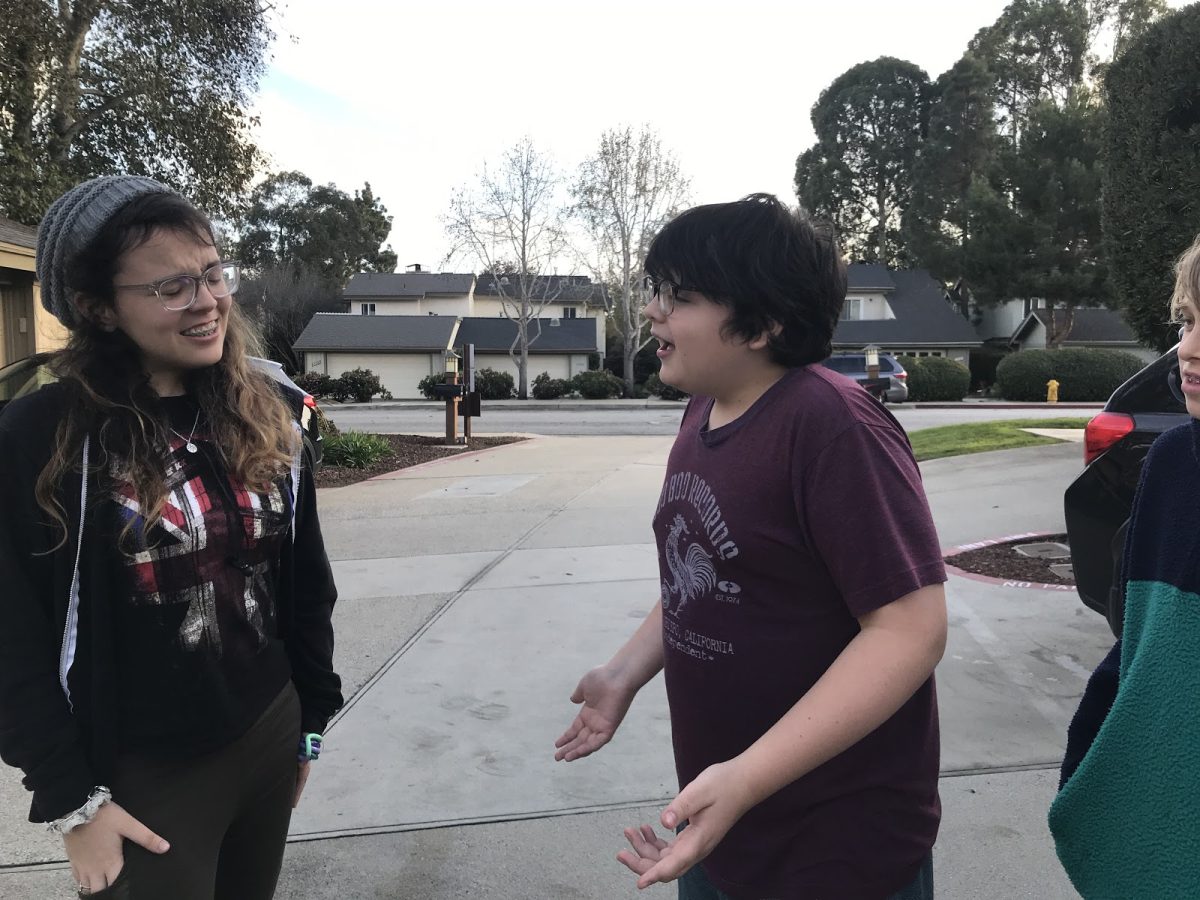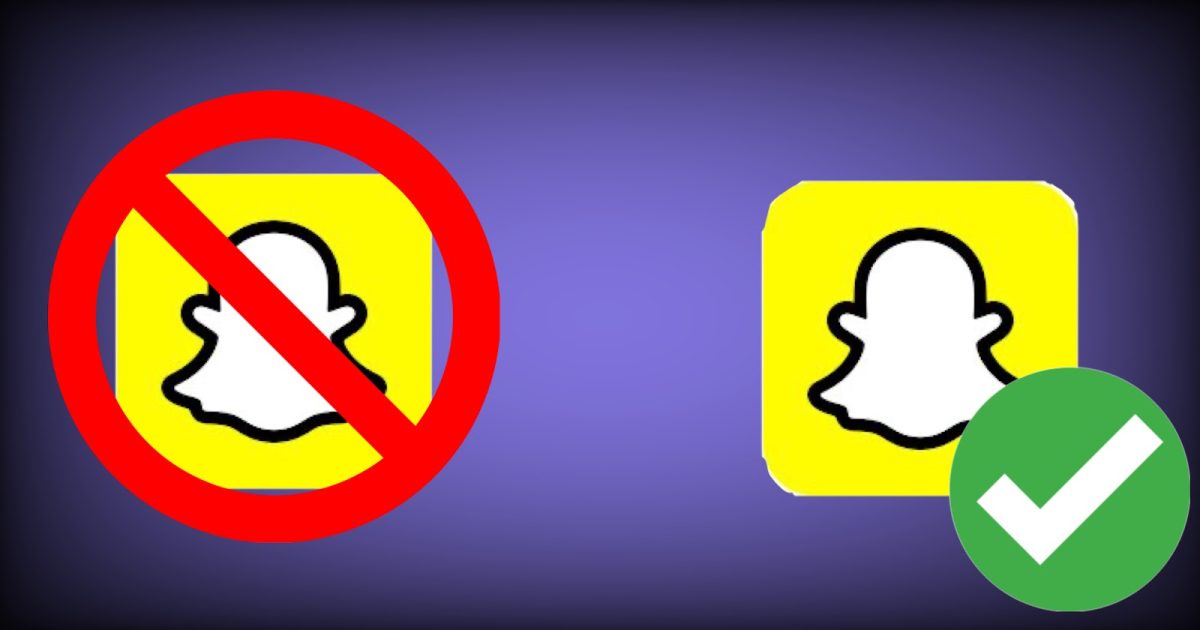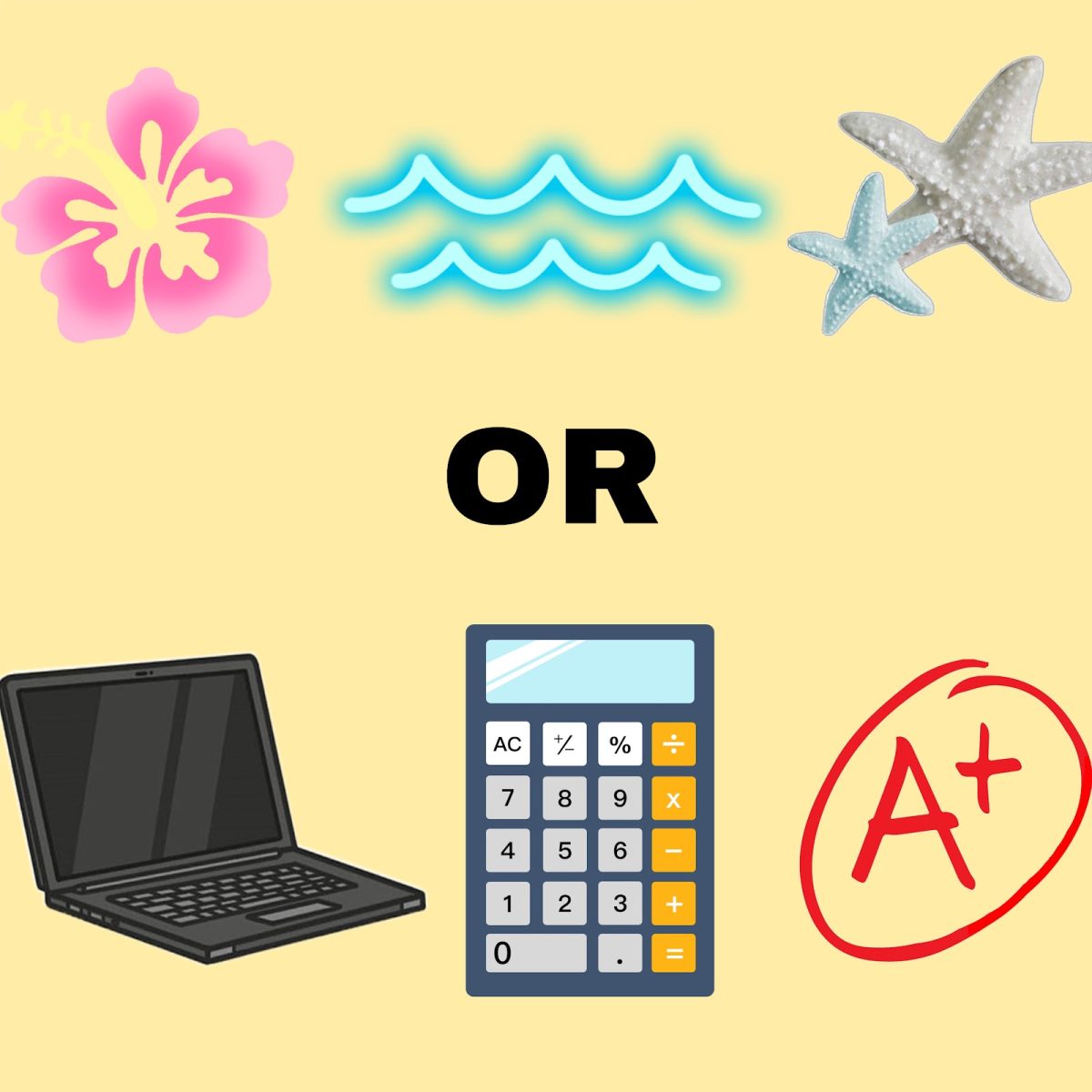Many San Luis Obispo High School students have disabilities and face a wide variety of reactions when they tell people that they are disabled. The reactions range from awkwardly grieving to the person to being a shoulder to lean on.
“Be understanding of someone’s disability whether it’s visible or not, offer to help in a non-condescending way, and just be understanding and accepting while also not pitying them because of their disability. There is a fine line between being treated like a person and treated like glass. If you’re confused [on how to act] it is always better to ask what not to do than mess up later and be embarrassed,” said senior Winnie Carroll.
There are two things people say when it comes to the first reaction after someone tells you ‘I am disabled’.
One reaction is a bit more to deal with. People who have this reaction go through three stages summed up in grieving the person (sometimes as if they were already dead), becoming a medical “expert”, and then ending up where the other group of people has been the whole time.
The other reaction people have is wonderful. They continue to treat people with disabilities as the same person that they were before they found out about it.
They offer empathy and a shoulder to cry on if needed, which is so important because the person with the disability still is human and is processing a lot regarding their disability on their own.
The people with this reaction are such amazing humans. They give normalcy when it is something really hard to come by but something that the person desperately craves.
“It’s really nice not feeling alone, loneliness is the worst part of go through something. You feel like you are so alone and it is nice when someone is right of the bat there for you no questions asked with support,” senior Joella Holmes.
At the end of the day, the biggest thing you can do for someone with a disability is just be empathetic and just be someone they can talk to when they need it.

